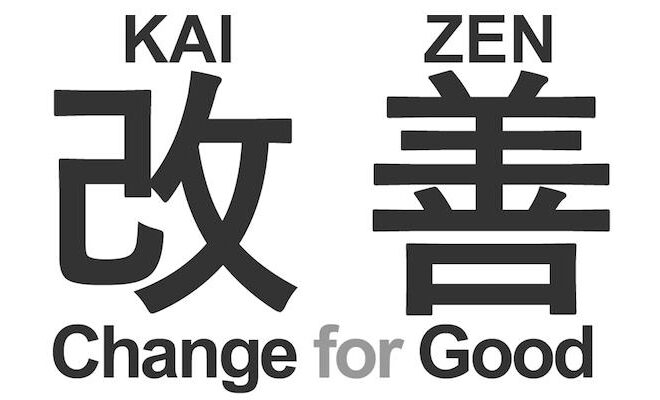Mastering the Art of Delegation: A Senior Professional’s Guide to Effective Leadership
In the fast-paced world of business, effective leadership is not just about making decisions; it’s about making the right decisions and managing resources wisely. One key skill that separates successful senior professionals from the rest is the art of delegation.
Delegation is not merely assigning tasks; it’s about empowering your team, fostering growth, and achieving collective success. In this blog, we will explore the importance of delegation, its benefits, and practical tips for mastering this essential leadership skill.
Understanding the Essence of Delegation
Delegation is more than just handing off tasks to your team members. It involves entrusting responsibilities and authority to others while maintaining accountability for the overall outcome. As a senior professional, embracing delegation is a crucial step toward creating a high-performing team and achieving long-term success.

The Benefits of Delegation
Increased Productivity:
Delegating tasks allows you to focus on high-priority activities, enhancing your productivity and contributing to the overall efficiency of the team.
Employee Development:
Delegating responsibilities provides team members with opportunities to learn new skills, develop confidence, and advance in their careers. It’s a win-win situation that fosters professional growth within the team.
Enhanced Team Morale:
Empowering your team by delegating tasks boosts morale and fosters a sense of ownership. Team members feel valued and motivated when entrusted with important responsibilities.
Strategic Focus:
Delegation enables you to concentrate on strategic decision-making and long-term planning. By entrusting routine tasks to capable team members, you free up time to steer the ship toward success.

Common Delegation Challenges and How to Overcome Them
Fear of Losing Control:
It’s natural to feel a sense of control when handling tasks personally. However, effective leaders recognize that delegation is not about losing control but about achieving goals collectively. Trust your team’s capabilities and provide guidance when needed.
Inadequate Communication:
Clear communication is the cornerstone of successful delegation. Clearly articulate expectations, deadlines, and desired outcomes. Encourage open communication channels to address any concerns or questions your team may have.
Lack of Trust:
Building trust is essential for effective delegation. Trust your team’s abilities and show confidence in their skills. Establishing a trusting relationship encourages a positive work environment and bolsters team performance.
Failure to Provide Adequate Resources:
Ensure that your team has the necessary resources to accomplish delegated tasks successfully. This includes access to information, tools, and training. Proactively address any resource gaps to prevent roadblocks in task completion.

Practical Tips for Mastering Delegation
Identify Strengths and Weaknesses:
Understand the strengths and weaknesses of each team member. Delegate tasks based on their expertise, allowing them to excel in areas where they have the most impact.
Set Clear Expectations:
Clearly define the scope, expectations, and desired outcomes when delegating tasks. Provide a roadmap for success and be available for any clarifications or guidance needed.
Encourage Questions and Feedback:
Foster a culture of open communication by encouraging team members to ask questions and provide feedback. This ensures everyone is on the same page and reduces the likelihood of misunderstandings.
Create a Delegation Plan:
Plan your delegation strategy by identifying tasks that can be delegated and matching them with the right team members. Establish a balance between empowering your team and maintaining overall control.
Monitor Progress Without Micromanaging:
Regularly check in on the progress of delegated tasks without micromanaging. Trust your team’s abilities and intervene only if necessary. This balance ensures a sense of autonomy while maintaining accountability.
Provide Recognition and Feedback:
Acknowledge and celebrate the accomplishments of your team members. Offering constructive feedback and recognition boosts morale, reinforces positive behavior, and encourages continued excellence.

Mastering the art of delegation is a journey toward effective leadership and team success. By understanding the essence of delegation, recognizing its benefits, overcoming common challenges, and implementing practical tips, senior professionals can create a workplace culture that thrives on collaboration, growth, and achievement.
As you embark on this leadership adventure, remember that delegation is not a sign of weakness but a demonstration of trust and confidence in your team’s abilities. Embrace the power of delegation, and watch your team soar to new heights of success.





